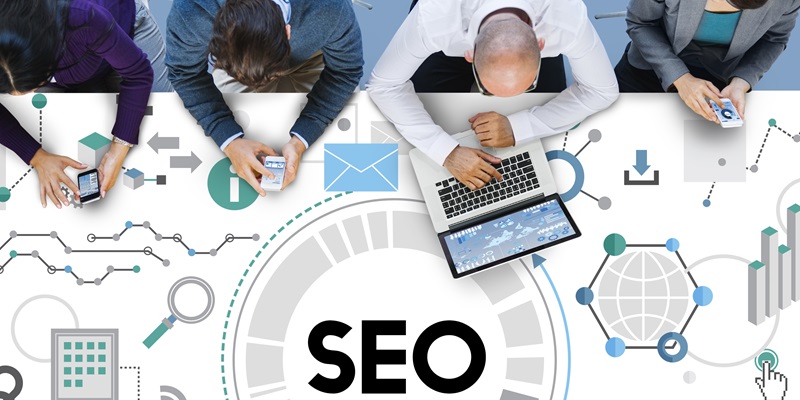In the fast-paced and ever-evolving world of search engine optimization (SEO), it is crucial to have a solid grasp of the marketing funnel or customer journey. Without a clear understanding of this fundamental concept, a lot of SEO tactics, investment, and efforts can go to waste. In this article, we will explore how aligning your SEO strategy with the user’s search intent at each stage of the marketing funnel can help you deliver the right content to the right audience at the right time.
Defining the Customer Journey or Marketing Funnel
To truly optimize your SEO efforts, it is essential to define and comprehend the customer journey or marketing funnel. This concept illustrates the different stages a potential customer goes through before making a purchase decision. By understanding the funnel, you can tailor your SEO strategies to be more effective in capturing and retaining customers.
Aligning SEO Strategy with User Search Intent
One of the key elements in optimizing your SEO efforts is aligning your strategy with user search intent. Search intent refers to the reason behind a user’s search query. By understanding and catering to their intent, you can provide the most relevant and valuable content, increasing the chances of conversion.
Understanding Search Intents
There are four commonly accepted search intents that users have when performing search queries: informational, navigational, commercial, and transactional. Recognizing and accommodating these intents is crucial for developing a comprehensive SEO strategy.
Top of the Funnel
At the top of the marketing funnel, search intent is typically informational. Users are seeking information, answers, or solutions to their queries. To target these top-of-the-funnel users effectively, it is essential to identify relevant keywords and phrases that your target audience might use when searching for information related to your industry, products, or services. By optimizing your website and content for these keywords, you can attract users who are in the initial research phase.
Consideration Phase
As your audience moves into the consideration phase of the marketing funnel, their intent shifts towards a more commercial and transactional nature. They are now evaluating different options, comparing products or services, and are closer to making a purchase decision. To cater to these users effectively, it is crucial to start targeting more specific and long-tail keywords that indicate user intent to learn more or make a decision. By optimizing your content and website for these keywords, you increase the likelihood of capturing their attention and influencing their decision-making process.
Mid-Funnel Searchers
Reaching mid-funnel searchers requires a more refined approach. These users have already moved past the initial research stage, and their intent is well-defined. They are actively seeking detailed information and are more likely to convert. To capture these users, it is important to target specific keywords that align with their interests and needs. Long-tail keywords can be particularly effective in reaching this audience as they often indicate a higher intent to purchase.
Conversion Stage
Finally, we reach the conversion stage, where users have navigational and transactional intent. These users are ready to make a purchase and are looking for specific products or services. At this stage, it is crucial to optimize your website and content for navigational keywords that help users find your brand directly. Additionally, focusing on transactional keywords that facilitate the completion of a purchase can significantly boost your visibility and conversions.
In the world of SEO, knowing your marketing funnel and mapping your SEO focus to the user intents at each phase is crucial. By understanding the customer journey and aligning your strategies with search intent, you can ensure that you are delivering the right content to the right audience at each stage of their decision-making process. Investing time and effort in optimizing your SEO efforts based on the marketing funnel will not only drive organic traffic but also yield higher conversion rates, ultimately leading to the success of your business.

